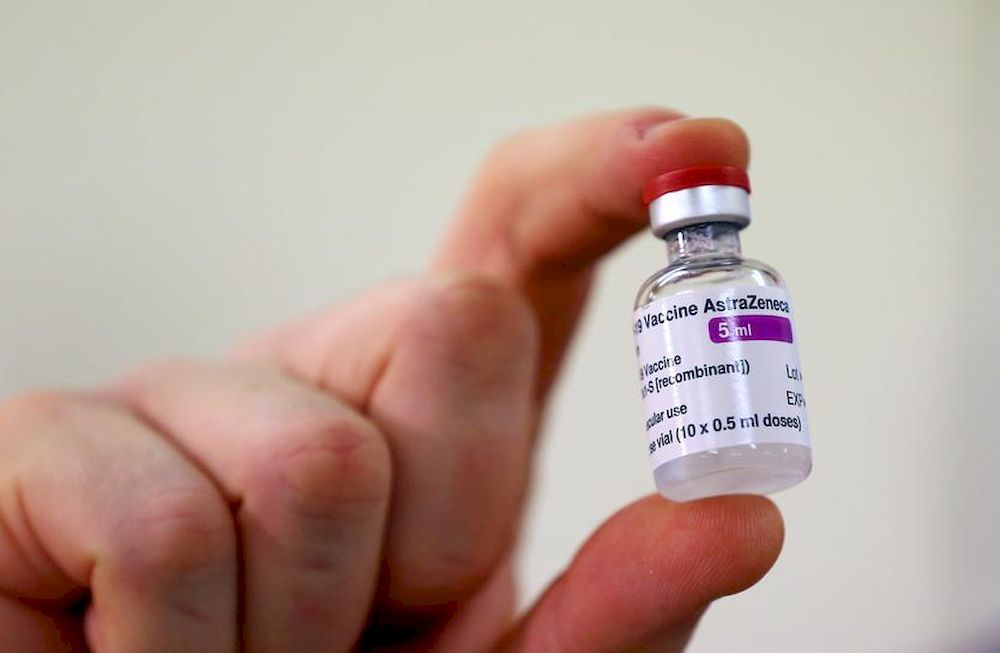ADEN, March 31 — War-torn Yemen received the first shipment of Covid-19 vaccines today, the UN children’s agency said, a week after the country’s coronavirus committee warned of a public health “emergency”.
The AstraZeneca doses arrived in the southern port city of Aden, Yemen’s de facto capital, where the internationally recognised government is based after being routed from Sanaa in the north by Huthi rebels in 2014.
“Yemen received 360,000 Covid-19 vaccine doses shipped via the Covax facility,” Unicef said in a statement, referring to the World Health Organization-backed global scheme to provide jabs to countries in need.
“This first batch is part of 1.9 million doses that Yemen will initially receive throughout 2021,” it added.
Last week Yemen’s coronavirus committee urged the government to declare a public health “state of emergency” amid a surge in infections.
It called for the implementation of a “partial curfew” and for the closure of wedding halls, shopping centres and mosques outside of prayer times.
Doctors Without Borders (MSF) has also warned the number of critically Covid-19 patients was rising across the country, urging assistance from donor countries and specialised groups.
MSF is “seeing a dramatic influx of critically ill Covid-19 patients requiring hospitalisation in Aden, Yemen, and many other parts of the country,” the medical charity said.
“We are urging all medical humanitarian organisations already present in Yemen to rapidly scale up their Covid-19 emergency response,” said Raphael Veicht, MSF head of mission in the country.
‘Game changer’
Yemen has officially recorded more than 4,000 virus cases among its 30 million people, including 863 deaths—but experts say the real toll is likely higher.
“The arrival of the Covid-19 vaccine doses is a critical moment for Yemen,” Philippe Duamelle, Unicef representative to Yemen, said Wednesday.
“As Covid-19 continues to claim lives around the world, Yemen now has the capacity to protect those most at risk, including health workers, so that they can safely continue to provide life-saving interventions for children and families.”
The country has been mired in a disastrous war for over six years which has left it on the brink of famine. Its healthcare system is in ruins.
Adham Ismail, WHO representative in Yemen, said the vaccine shipment was a significant step forward.
“It will help save lives, including of those at highest risk of serious disease, and will help protect the health system,” Ismail said.
“These safe and effective vaccines will be a game changer, but for the foreseeable future we must continue wearing masks, physically distance and avoid crowds.”
A Saudi-led military coalition intervened in 2015 to shore up the government, and since then the conflict has killed tens of thousands of people, mostly civilians, and displaced millions.
The United Nations calls the situation there the world’s worst humanitarian crisis. — AFP






















